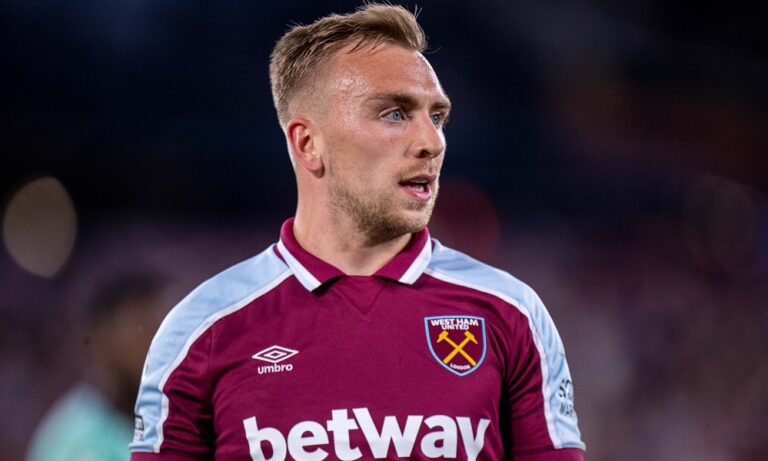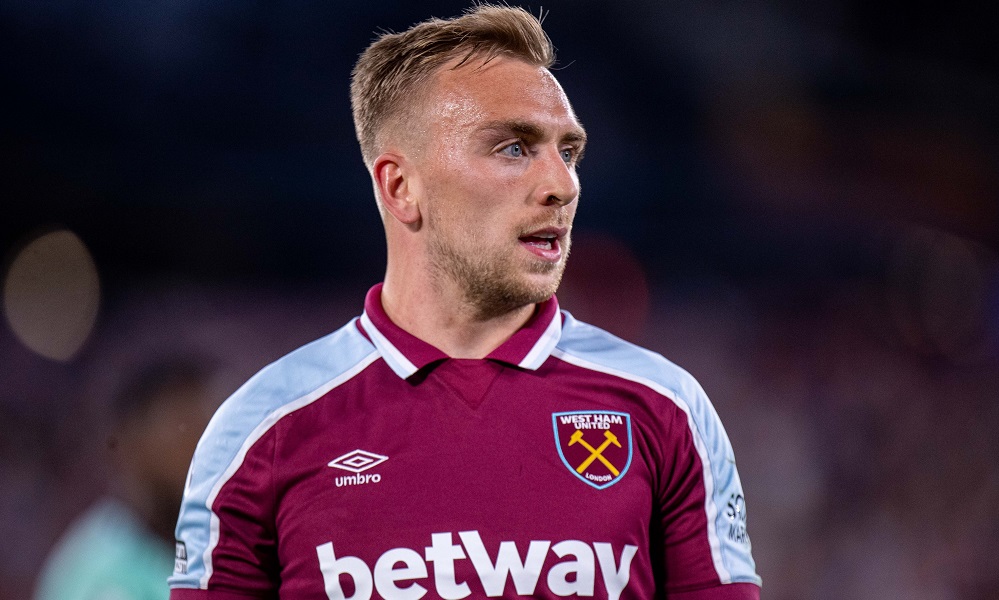Football is much more than just a game. It’s a multi-billion dollar industry that entertains billions worldwide. This lucrative industry is no stranger to partnerships and sponsorships, one of the most prominent and controversial being its alliance with gambling companies. This article delves into this intricate web of football and gambling partnerships, revealing its impacts, implications, and what the future holds.
The Rise of Football-Gambling Partnerships
Football and betting have an entwined history, but the formal partnerships between football clubs and gambling companies have seen an exponential rise in recent years.
Key Reasons Behind the Increase in Football-Betting Alliances
Several factors contribute to this upswing. Firstly, football is a global sport with massive viewer engagement, making it an ideal platform for betting companies to advertise and reach a wide audience.
Furthermore, online betting platforms have made gambling more accessible, prompting betting companies to capitalize on football’s popularity.
Significant Football Teams and their Betting Partners
Many significant football teams, especially in the Premier League, have jumped on the bandwagon of partnering with betting companies.
Case Study: Premier League Football Teams and Betting Sponsors
For instance, clubs like West Ham United, Crystal Palace, and Watford have significant betting sponsors like Betway, W88, and Sportsbet.io. These partnerships include shirt sponsorships, in-stadium advertisements, and digital promotions, amplifying betting companies’ visibility and reach.
Understanding the Impact of Betting Partnerships on Football
These partnerships profoundly impact football, affecting everything from a club’s finances to its fanbase’s behavior.
Positive and Negative Implications of Gambling Sponsorships
On the upside, these partnerships bring substantial revenue to the clubs, enabling them to fund player acquisitions and other operational costs. Conversely, they raise serious concerns about fostering a gambling culture, especially among young, impressionable fans.
The Economic Perspective of Football-Gambling Partnerships
The economic facet of the partnership between football teams and gambling companies is often the most decisive element of this relationship. From a financial standpoint, the benefits for both parties are substantial and multi-faceted, thus warranting an in-depth discussion.
For football clubs, the partnership with gambling companies is a significant source of revenue. Betting companies pay substantial sums to have their logos displayed on team shirts, advertising boards, and various other platforms associated with the clubs. These funds are critical to many clubs’ revenue streams, often proving instrumental in their operations.
For instance, the revenue from gambling sponsorships can help fund player transfers, stadium improvements, and grassroots development, among other crucial aspects. These financial resources can be particularly significant for smaller clubs or those not in the top-tier leagues. The cash influx can provide them with the necessary resources to compete on a more level playing field, ultimately enhancing the competitive balance in football.
Revenue Generation from Betting Sponsorships in Football
The best football betting sites UK has tend to pour millions into football clubs as part of their sponsorship deals, often becoming a primary revenue source for many clubs. This influx of funds is particularly critical for clubs outside the top tier, helping them compete and stay financially viable.
Controversies Surrounding Football Teams’ Partnerships with Gambling Companies
Despite their economic benefits, these partnerships have not been without controversy, often becoming a focal point for ethical debates.
Ethical Debates Over Football’s Betting Sponsorships
Regarding the legal and moral implications of sports betting, critics contend that the widespread visibility of betting sponsors in football may subtly encourage gambling behavior among impressionable audiences.
Seeing beloved football players adorned with betting logos and promotions during games can potentially normalize gambling. This is especially worrisome when considering the vulnerability of younger fans who idolize these players.
These critics argue that football, a sport that enjoys a diverse demographic, including minors, should not be a platform for promoting activities with known risks, such as gambling.
However, it’s not just about the younger demographic. The impact on adult fans also raises eyebrows. Both live and televised football games are often high-stress events where emotions run high. Critics argue that the presence of prominent betting advertisements may prey on these emotional responses, leading fans down the path of impulsive betting and possible addiction.
Future Trends: Football and Gambling Collaborations
The landscape of football-gambling partnerships is poised to evolve further, influenced by public sentiment, regulatory measures, and the industry’s introspection.
Predicted Developments in the World of Football Gambling Partnerships
Greater scrutiny and stricter regulations are likely, particularly in regions where problem gambling is a pressing issue. However, as long as football retains its global appeal and betting remains a lucrative industry, these partnerships will persist, albeit in a more controlled and ethically conscious manner.
Regulatory Measures Governing Football and Betting Partnerships
Football’s governing bodies and local governments play a pivotal role in managing these partnerships, balancing the commercial interests of clubs with societal responsibilities.
Football Associations and Betting Regulation: Balancing Sponsorship and Responsibility
Many football associations across the world are revisiting their stance on gambling sponsorships. For instance, in a significant move, the Spanish football league announced new regulations in 2020, banning betting companies from sponsoring team shirts. In the UK, the Football Association ended all sponsorships with betting companies in 2017, citing potential conflicts of interest.
However, government bodies also have a significant role to play in this regard. The UK Gambling Commission, for instance, regulates all forms of gambling and promotes responsible gambling. They enforce rules on advertising, ensuring that it is fair, transparent, and not targeted at children or vulnerable individuals.
At the same time, these regulatory measures are constantly evolving, attempting to adapt to the rapidly changing landscape of football and the gambling industry.
They must navigate a challenging path, keeping the financial health of football clubs in mind while preventing the potential negative social impacts of their partnerships with betting companies. It’s a delicate tightrope walk, requiring constant vigilance and a commitment to prioritizing the well-being of football fans.
Conclusion
The partnership between football teams and gambling companies is a complex, multifaceted relationship. While it brings notable financial benefits to football clubs and extensive exposure to betting firms, it’s not without its downsides and controversies.
As we move forward, all stakeholders must work together to create an environment where football and betting can coexist responsibly, ensuring the sport we love is safe and enjoyable for all its fans. As fans and consumers of the sport, staying informed about these developments can help us make better decisions and contribute to a healthier football culture.


